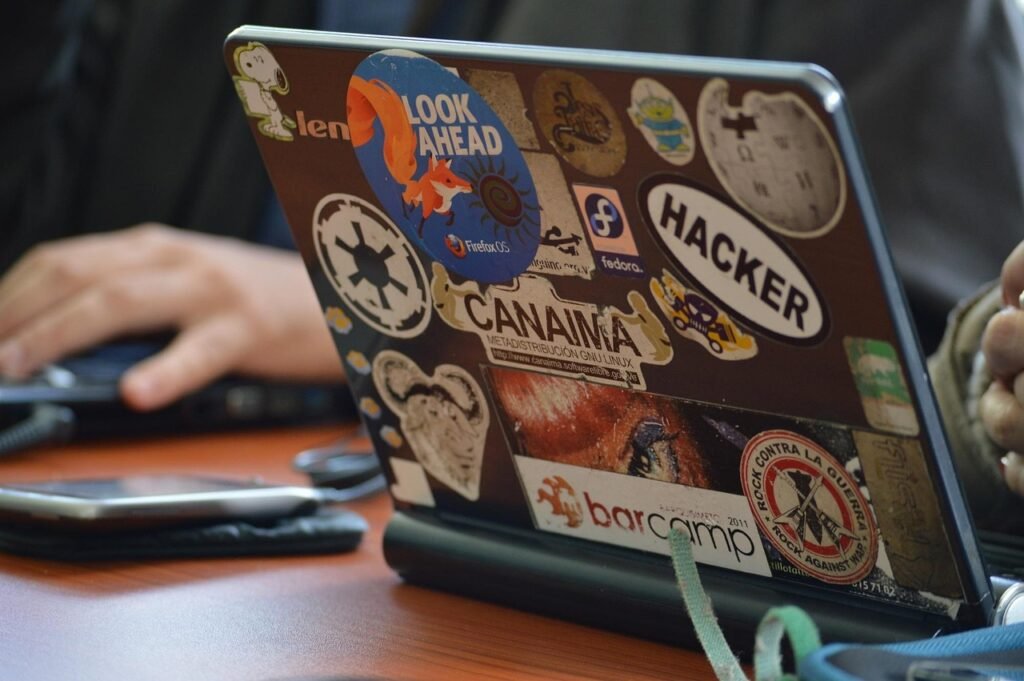
Working independently as a freelancer offers incredible freedom and flexibility, but it also comes with its own set of responsibilities. One of the most important aspects of managing your freelance career is protecting yourself from potential liabilities. Accidents happen, and even if you’re careful, you could be held responsible for damages or injuries caused to others. That’s where freelance public liability insurance comes in, providing a crucial safety net for your business and peace of mind.
Understanding Freelance Public Liability Insurance
What is Public Liability Insurance?
Public Liability Insurance (PLI) covers the costs associated with claims made against you if a member of the public is injured or their property is damaged as a result of your business activities. This includes legal fees, compensation payments, and other associated expenses.
- It protects you from financial ruin if someone sues you.
- It covers incidents that occur at your workplace or during your work activities.
- It’s often a requirement for certain contracts and clients.
Example: Imagine you’re a freelance photographer taking photos at an outdoor event. A member of the public trips over your camera equipment and breaks their ankle. They could sue you for their medical expenses and lost income. Public Liability Insurance would cover these costs up to the policy limit.
Why Do Freelancers Need It?
Freelancers often work in diverse environments and interact with various people, increasing the risk of accidental injury or damage. Even if you work from home, clients or visitors could still have an accident on your property.
Here are some reasons why freelancers need Public Liability Insurance:
- Client Requirements: Many clients, especially larger corporations, require freelancers to have PLI before they’ll award them a contract.
- Protection from Lawsuits: Even a small claim can be costly. PLI can protect your personal assets from being seized to cover legal fees and compensation.
- Peace of Mind: Knowing you’re protected allows you to focus on your work without worrying about potential financial liabilities.
- Professional Image: Having PLI demonstrates that you take your business seriously and are prepared for any eventuality.
Key Benefits of Public Liability Insurance for Freelancers
Financial Protection
The primary benefit is financial protection against claims. Without insurance, you would be personally responsible for all costs, which could easily run into tens of thousands of pounds.
- Covers legal fees, even if you’re not at fault.
- Covers compensation payments to the injured party.
- Protects your business assets and personal savings.
Meeting Contractual Obligations
As mentioned before, many contracts, especially with larger companies, will require you to have a minimum level of Public Liability Insurance. This is non-negotiable and essential for securing those lucrative projects.
Example: A freelance web developer wants to work on a project for a large retail company. The company requires all contractors to have Public Liability Insurance with a minimum coverage of £5 million. Without this insurance, the freelancer won’t be considered for the project.
Enhanced Professional Reputation
Having PLI enhances your reputation as a reliable and professional freelancer. Clients are more likely to trust someone who has taken the necessary steps to protect themselves and their business from potential liabilities.
- Demonstrates professionalism and responsibility.
- Builds trust with clients and partners.
- Makes you more competitive in the freelance market.
Choosing the Right Public Liability Insurance Policy
Coverage Levels
Public Liability Insurance policies come with different levels of coverage, typically ranging from £1 million to £10 million or more. The appropriate level depends on the nature of your work and the potential risks involved.
Factors to consider when choosing coverage levels:
- Industry: Higher-risk industries, such as construction or event management, require higher coverage.
- Client Requirements: Some clients may specify a minimum coverage level.
- Potential Risks: Consider the potential costs of a claim based on the type of work you do.
Policy Exclusions
It’s crucial to understand what your policy doesn’t cover. Common exclusions include:
- Professional Indemnity: This covers claims related to professional negligence or errors. It’s separate from Public Liability Insurance.
- Employer’s Liability: This is required if you employ anyone, even part-time staff.
- Deliberate Acts: Intentional damage or injury isn’t covered.
- Pre-existing Conditions: Claims arising from conditions that existed before the policy started may be excluded.
Tip: Carefully read the policy wording to understand the exclusions and ensure the policy meets your specific needs. Don’t hesitate to ask the insurer for clarification.
Comparing Quotes and Finding the Best Deal
Shop around and compare quotes from different insurance providers. Online comparison websites can be helpful for getting multiple quotes quickly.
Things to compare:
- Coverage Levels: Ensure you’re comparing similar levels of coverage.
- Policy Exclusions: Check for any exclusions that may affect you.
- Excess: The amount you’ll have to pay towards a claim.
- Premiums: The annual cost of the policy.
- Reputation of the Insurer: Check reviews and ratings to ensure the insurer is reputable and reliable.
Cost of Freelance Public Liability Insurance
Factors Affecting Premiums
The cost of Public Liability Insurance varies depending on several factors:
- Type of Work: Higher-risk professions generally have higher premiums.
- Coverage Level: Higher coverage levels cost more.
- Business Size: Larger businesses with more employees may pay more.
- Location: Premiums can vary depending on your location.
- Claims History: If you’ve made claims in the past, your premiums may be higher.
Average Costs and Examples
As a general guideline, freelance Public Liability Insurance can start from as little as £50 per year for low-risk professions with minimal coverage. However, it can easily exceed £500 per year for higher-risk professions or higher coverage levels.
Examples:
- A freelance writer working from home might pay £60-£80 per year for £1 million coverage.
- A freelance carpenter working on-site might pay £200-£400 per year for £5 million coverage.
- A freelance event planner organizing large public events might pay £500+ per year for £10 million coverage.
Tip: Bundling your insurance policies (e.g., Public Liability, Professional Indemnity, and Business Equipment insurance) can often result in a discount.
Making a Claim: What to Expect
Reporting an Incident
If an incident occurs that could lead to a claim, report it to your insurer as soon as possible, even if no formal claim has been made yet.
Provide the following information:
- Date, time, and location of the incident.
- Details of what happened.
- Contact information for any witnesses.
- Photos or videos of the scene, if available.
The Claims Process
The insurer will investigate the claim and determine if you are liable. If you are found liable, the insurer will handle the negotiations and pay the compensation up to the policy limit.
Key steps in the claims process:
- The insurer assesses the claim and requests further information.
- The insurer may appoint a loss adjuster to investigate.
- The insurer negotiates with the claimant.
- If the claim is successful, the insurer pays the compensation.
Important: Cooperate fully with the insurer and provide all requested information promptly. Failure to do so could invalidate your claim.
Conclusion
Freelance Public Liability Insurance is a critical investment for anyone working independently. It provides financial protection, meets contractual obligations, enhances your professional reputation, and offers peace of mind. By understanding the key benefits, coverage options, and claims process, you can make an informed decision about the right policy for your needs and safeguard your freelance career from unexpected liabilities. Don’t wait until an accident happens – protect yourself today!







